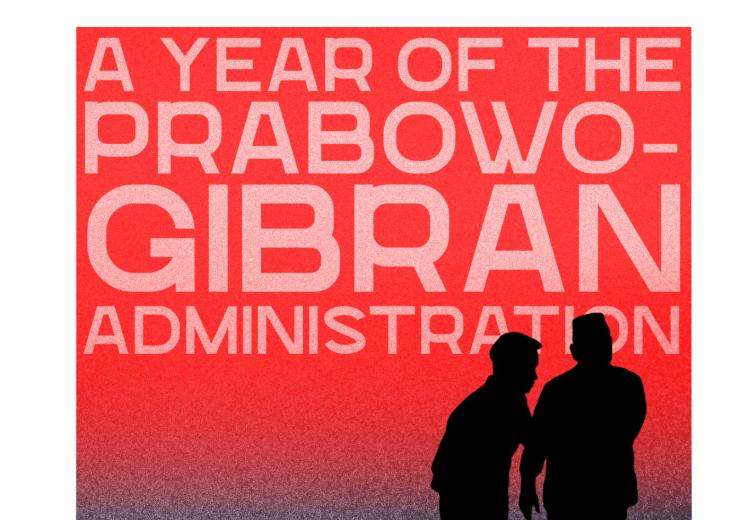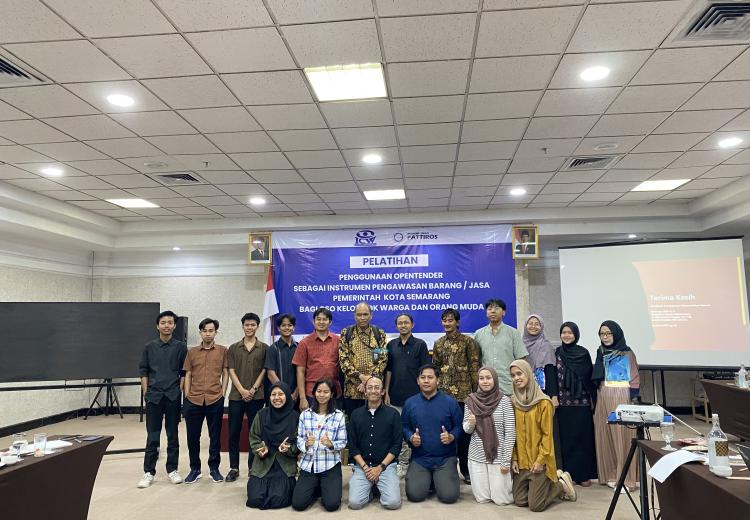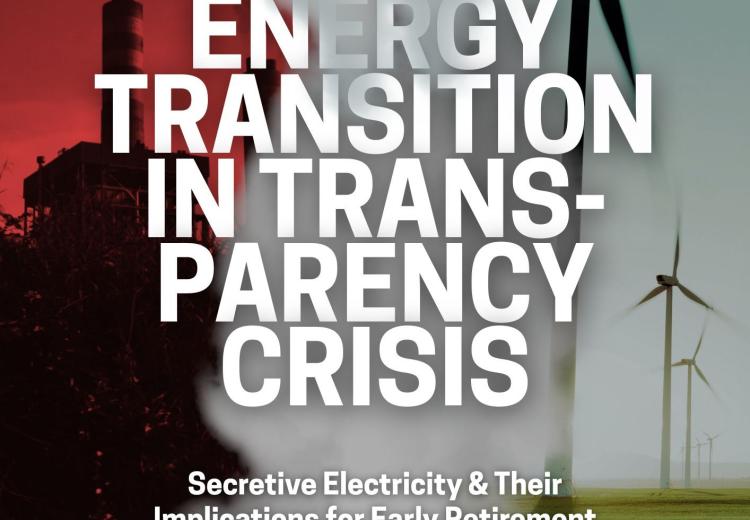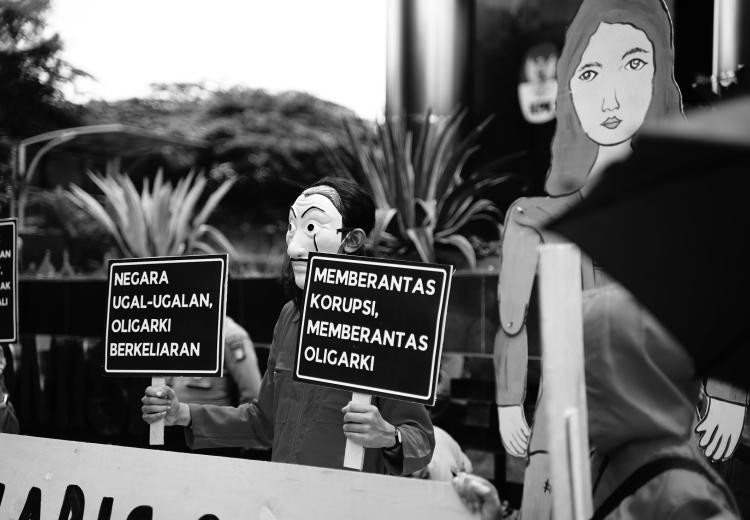Public procurement activities are a routine function for the government. The procurement of goods, services, and construction works takes place on a daily basis, often involving complex and lengthy procedures. This complexity hinders citizens’ ability to oversee public procurement processes. Yet it is the citizens who are directly affected by poor work quality and project implementation by vendors.
Indonesia Corruption Watch (ICW) offers a critical assessment of the first year of the Prabowo–Gibran administration. In this report, we argue that the administration’s first year has already signaled a failure in efforts to combat corruption. This document also serves as a reminder that critical scrutiny, oversight, and public pressure are necessary to ensure that anti-corruption measures function as they should.
In its development, the global demand to seriously respond to the climate crisis is unlikely to be met by the central government. The latest trends that have emerged actually point to a direction in policy and legislation that is contrary to a number of climate action commitment ambitions. At the same time, the Prabowo Subianto administration appears to prioritise a governance model that disregards the mandate of decentralisation and instead employs a centralist approach to ensure the success of the Palace's priority programs, such as "downstreaming" in the energy sector.
On July 1-3, 2025, Indonesia Corruption Watch (ICW), together with the Semarang Regional Center for Research and Information (PATTIROS) held a training on the use of opentender.net in Semarang City. The training, supported by the Open Contracting Partnership (OCP), was organized to strengthen public participation efforts, especially among young people, in overseeing public procurement, especially in Semarang City.
This report reveals the connections between elite actors surrounding President and Vice President Prabowo Subianto and Gibran Rakabuming Raka and businesses that hinder a just energy transition, particularly in the critical minerals sector and coal-fired power plants. The findings show that Indonesia’s energy transition risks being captured by the narrow interests of political and business elites, which threatens the achievement of a fair and sustainable Net Zero Emission (NZE) target.
We, the undersigned civil society organizations (CSOs) across the globe, strongly reject all forms of judicial harassment perpetrated by the West Java Regional Police of Indonesia in naming anti-corruption activist TY as a suspect following his good-faith report of alleged corruption in the distribution of zakat funds.
We, the undersigned civil society organizations (CSOs) across the globe, strongly reject all forms of judicial harassment perpetrated by the West Java Regional Police of Indonesia in naming anti-corruption activist TY as a suspect following his good-faith report of alleged corruption in the distribution of zakat funds.
The government has officially pursued an energy transition since at least 2021. However, various challenges continue to arise in its implementation, including the lack of transparency in Power Purchase Agreements (PPAs). This report examines and analyzes the impacts of PPA opacity and identifies the regulations that the government must consider in order to address this issue. The report uses a descriptive method supported by a statutory and conceptual approach.
The criminalization of whistleblowers who expose alleged corruption cases within the National Amil Zakat Agency (BAZNAS) marks a significant setback in Indonesia’s anti-corruption efforts. A former Head of the Compliance and Internal Audit Unit at BAZNAS West Java Province was reported to the West Java Police by the Vice Chairman of BAZNAS after revealing a corruption scandal.
Indonesia’s efforts in combating corruption are weakening. According to data from Transparency International, Indonesia's score in the Corruption Perception Index (CPI) stagnated in 2023. Evidently, Indonesia’s CPI score reached only 34 and the country lost its position in the global ranking from 110th to115th. In fact, Indonesia has been maintaining a similar score in the past decade. Indonesia’s score in the Rule of Law Index, one of the determinants of CPI, also stagnated from 2022 to 2023.








